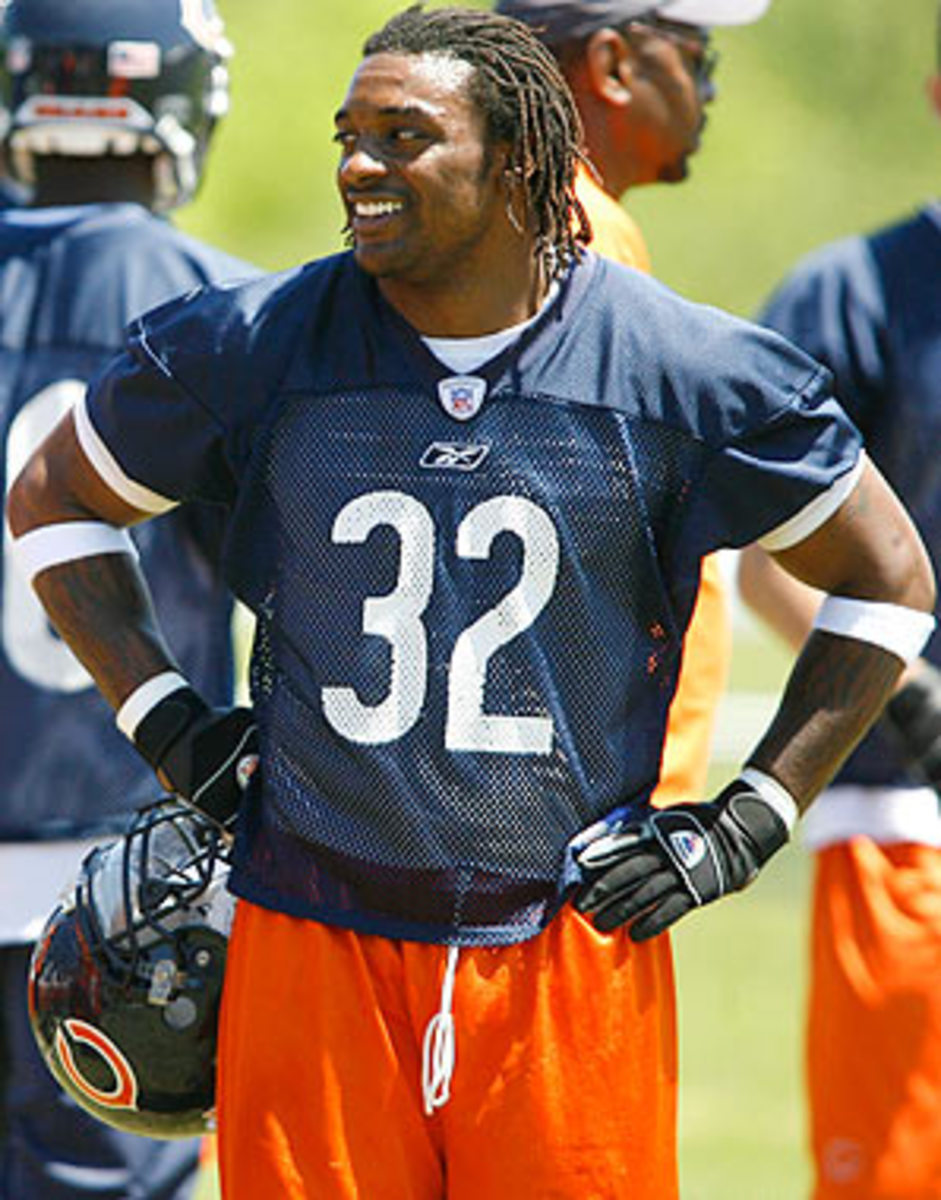
Off and running: Down time can be dangerous for NFL players
I was just a happy-to-be-there rookie when veteran lineman Cory Raymer offered that advice before we left the Redskins offseason program for several weeks in 2001. Though I wasn't exactly sure what he meant at the time, I realized soon thereafter he was spot on in his prediction.
It quickly became evident that certain things change once you are on an NFL roster and have that team's brand attached to your name. All of a sudden more people want to spend time with you, and the attention can become a double-edged sword. Additionally, you can become a target of those looking to either associate themselves with you or take advantage of you in some way.
Never is that more likely than in this relatively dead time on the NFL calendar. Most teams have given their players upwards of six weeks off before they must report to training camp in late July. And no matter how much coaches and teammates emphasize the dangers, there are players who will find themselves in compromising situations.
I distinctly remember a situation during one of my breaks in which I was out with friends and a guy challenged me to arm wrestle. I had no interest in taking a chance of getting injured and told him that. He came back and asked a couple more times, each request more malicious than the previous. When he told me that he would "break my arm," with a number of expletives scattered in between, I knew it was time to leave. There was no doubt he was hell-bent on proving something, and I didn't want to stick around and find out what that was.
Those are the times when an NFL player has to recognize something doesn't feel right. As soon as you get that uneasy feeling, it is time to remove yourself from the situation. Unfortunately, not everyone is able to recognize that sometimes until it is too late.
Then there are those who perhaps create trouble on their own. Just this past weekend Tennessee Titans defensive end Jevon Kearse was arrested on DUI charges. He took a field sobriety test, but refused a breathalyzer.
"Coach Tomlin always puts up a sheet on the overhead in the last meeting before we go away for a while that says 'Don't be the guy.' And we all know what that means," said Pittsburgh Steelers cornerback Ike Taylor. "Everyone knows getting in trouble would be the quickest way to get cut."
NFL players who need proof need only look at the case of former Bears running back Cedric Benson, who was cut by the club earlier this year after being arrested twice in one month.
There is clearly no way to completely eliminate these incidents from happening. But would it help if teams started and finished their offseason programs later? Instead of beginning in mid- to late-March and finishing in mid- to late-June, teams could easily push those dates back in an effort to close the gap of time before training camp. Teams could potentially shift the beginning of their allotted offseason time to the second week of April and finish it sometime in early July and still give the players a couple of weeks off to mentally re-charge before the rigors of training camp begins. This not only would help teams keep a shorter leash on their players, but also satisfy coaches who often worry their players are not putting the time in working out and studying their playbooks during the downtime.
One team subscribing to this theory is Houston. The Texans started their offseason program March 31 and won't conclude until the week after July 4th, leaving less than two weeks between the end of the program and the start of training camp on July 25. It's clear Texans GM Rick Smith and coach Gary Kubiak are hoping this wrinkle will pay dividends on the field. In a copycat league, many teams will be looking at the Texans to see how this plays out.
According to two league sources who preferred to speak on the condition of anonymity, the major factors precluding teams from altering the offseason program schedule include the fact this stretch is traditionally the only real down time for overworked NFL coaches. There's also the fear that all NFL personnel people have of making a big change in the status quo.
"If you are the first one to do it," said one long-time NFL executive, "and things don't go well, the move could be heavily scrutinized. A lot of times people are afraid to make any type of bold move because of that reason."
Until more teams join the Texans and make the leap to shorten the inordinate downtime before training camp, teams will have to continue to attempt to monitor their players during this time with phone calls from both position and strength coaches. Perhaps more importantly, teams need to continue to draft and sign mentally disciplined players who they can count on to do the right things during their off time. Only then can they be assured their players will report back in late July in peak mental and physical condition, with no criminal charges under their belt.




